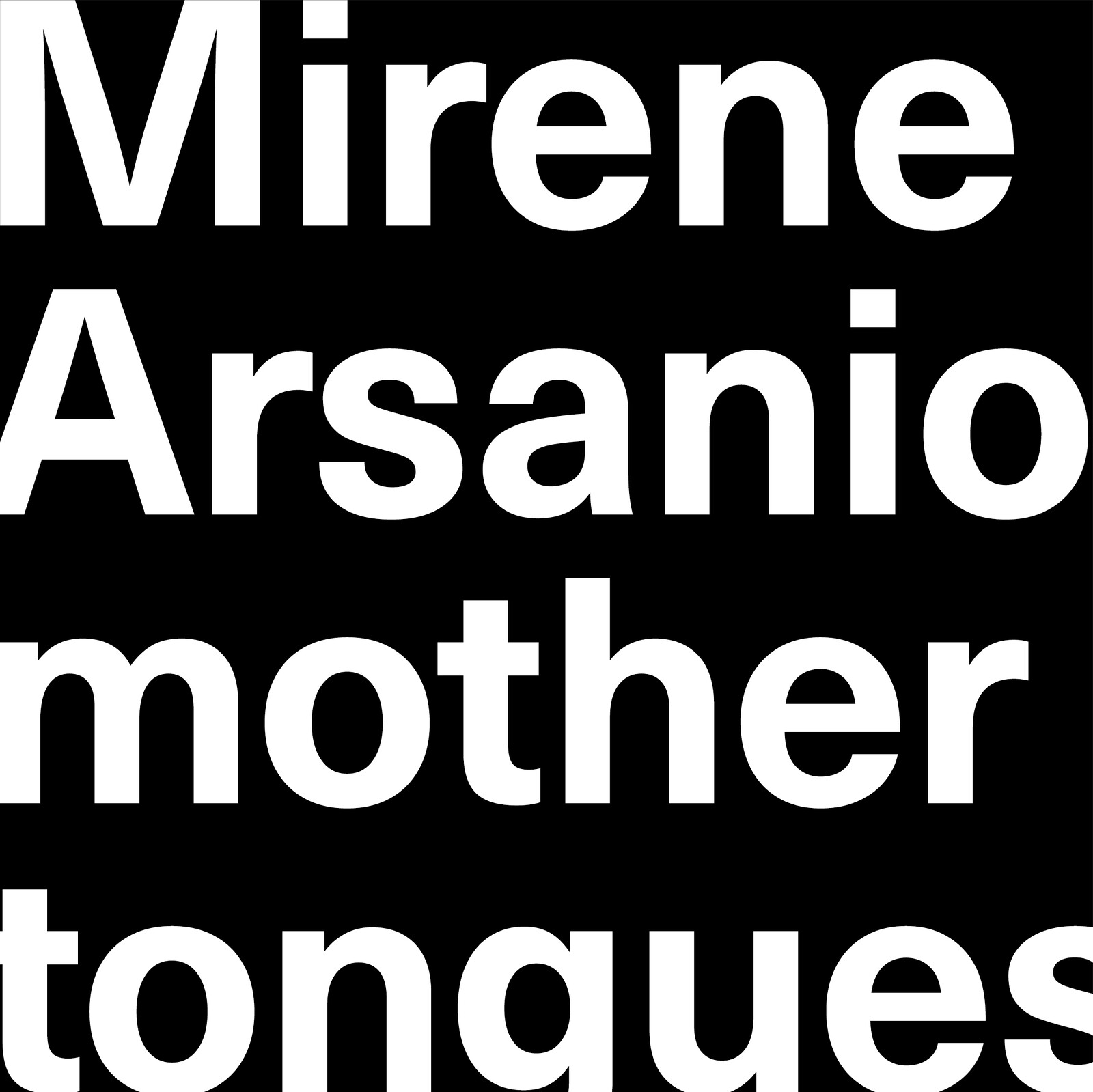Mirene Arsanios discusses her text, “E Autobiography di un Idioma,” published in e-flux journal #92—”on feminisms” (Summer 2018). In conversation with editor-in-chief Kaye Cain-Nielsen.
“I would have liked to come to you (abo) with something more reliable, like documents (akto), but I’m an oral language (idioma)—an Afro-Portuguese proto-creole developed on the western coast (kosta) of Africa and brought over to the Caribbean in the seventeen century. That’s one of the theories of my genesis. There are others (otronan). Dutch and Spanish tagged along at later stages, with a few Arawak words (palabranan). Initially, slave traders and slaves used me to ‘communicate’; then I was just used (merka). The only document in my possession says I was born on the island of Curaçao, north of the Venezuelan shore. Linguists struggle to match my identity to a location. Words travel and land in places (luganan) that do not match their jurisdiction (a nation (nashon)-state).”
—Mirene Arsanios, “E Autobiography di un Idioma”
Other works mentioned:
—Iman Mersal, الصوت في غير مكانه (The Displaced Voice); trans. Lisa White (New York: Belladonna* Collaborative, chaplet #232, 2018). Excerpt read by Belladonna editor Ana Paula.
—Iman Mersal, “عن الأمومة والعنف، إيمان مرسال (On Motherhood and Violence),” trans. Anna Ziajka Stanton, Makhzin issue #2—FEMINISMS (Daisy Atterbury, Tarek El-Ariss and Mirene Arsanios, editors)
—Jamaica Kincaid, The Autobiography of My Mother (New York: Macmillan, 1996).
Mirene Arsanios is the author of the short story collection The City Outside the Sentence (2015). She has contributed essays and short stories to Vida, The Brooklyn Rail, The Rumpus, The Animated Reader, and The Outpost, among others. Arsanios cofounded the collective 98weeks Research Project in Beirut and is the founding editor of Makhzin, a bilingual English/Arabic magazine for innovative writing. On Friday nights, you can find her at the Poetry Project in New York, where she coordinates the Friday Night reading series with Rachel Valinsky.
